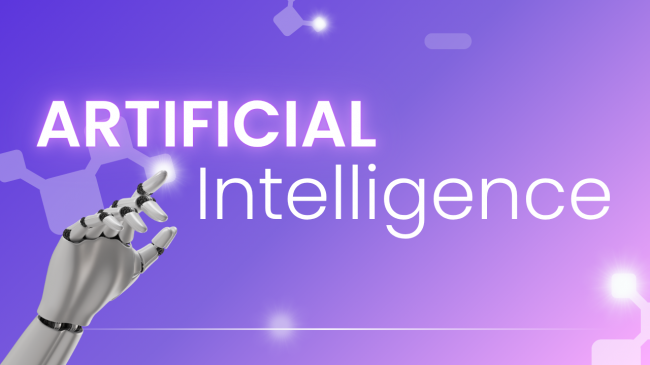OpenAI is reportedly working on a new kind of web browser — one designed from the ground up with artificial intelligence at its core. The tool is expected to launch within weeks and could challenge both Google Chrome and emerging AI-first platforms like Perplexity.
What Makes This Browser Different?
Unlike typical browsers, OpenAI’s offering is believed to be deeply integrated with its AI stack. Think: real-time web summarization, context-aware page navigation, and built-in assistant-style interaction.
Sources cited by Reuters say this won’t be a lightweight extension — it’s expected to be a standalone desktop browser built to elevate how people search, explore, and interact with the web.
Key Features Expected (So Far)
While OpenAI has yet to officially confirm the product, early leaks and insider reports hint at:
- GPT-native search that bypasses the need for traditional search engines
- Multimodal interaction, including voice commands and visual inputs
- Integrated browsing assistant, possibly based on ChatGPT-4o
- Context-aware summarization of complex webpages and documents
- Real-time research agent capable of autonomous information gathering
Early versions may roll out exclusively to ChatGPT Plus or Team users.
Who Should Be Worried?
This isn’t just another Chrome alternative.
If it works as described, it could:
- Undercut Google Search and Chrome by eliminating the need to click through dozens of blue links
- Threaten Perplexity and similar AI browsers by offering richer GPT-4o integration
- Raise pressure on Apple and Microsoft to evolve Safari and Edge beyond simple AI add-ons
As India Today points out, these AI browsers don’t just change the UI — they shift the user behavior model entirely.
Why This Isn’t Just Hype
OpenAI has been moving steadily toward vertical integration:
- First came ChatGPT as a web and app interface
- Then desktop apps for macOS and Windows
- And now, potentially, a full browser — the final layer between users and the internet
If successful, this browser could act as OpenAI’s direct channel to end users, sidestepping dependencies on Apple’s App Store, Microsoft Edge, or Google Chrome.
Where Does This Leave Google?
The timing is interesting. Google is already under regulatory pressure over its dominance in the search and browser markets. If OpenAI’s tool gains traction, it could shift attention — and users — away from Google’s ecosystem.
But Google isn’t standing still. It has already introduced AI Overviews in Search and is heavily investing in Gemini’s browser integrations. The AI browser wars may just be getting started.
Launch Timeline and What’s Next
There’s no confirmed release date yet, but multiple reports agree: the launch is imminent. Expect a limited rollout, likely targeting paid ChatGPT users first — similar to how GPT-4 and DALL·E features were introduced in stages.
If early adoption goes well, OpenAI may begin bundling the browser into future ChatGPT desktop builds.
Final Thoughts
A browser powered by GPT-4o could dramatically reshape how we browse, search, and absorb information online. But execution will be everything. If OpenAI can deliver on speed, accuracy, and UX — without overwhelming users — it could change the rules of web access itself.
Whether it becomes a Chrome-killer or simply a new tool in the AI productivity stack, one thing’s clear: this is a space to watch





